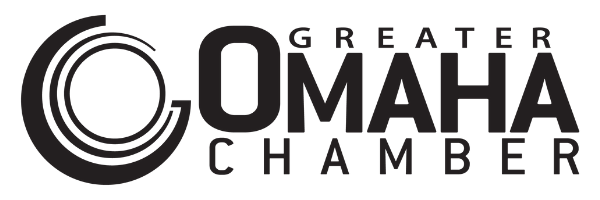FOR IMMEDIATE RELEASE
JANUARY 21, 2020
LB255 and LB1049 minimize cliff effect in childcare and SNAP programs
LINCOLN – The Lincoln Chamber of Commerce, Greater Omaha Chamber of Commerce and Nebraska Chamber of Commerce & Industry today backed two bills designed to help individuals transition from multiple part-time jobs into full-time employment.
The bills, introduced by Omaha Senator John McCollister and Lincoln Senator Kate Bolz, seek to minimize the “cliff effect” of the Supplemental Nutrition Assistance Program (SNAP) and Nebraska’s childcare subsidy. Instead of abruptly ending families’ participation in these programs as soon as earnings exceed federal poverty eligibility requirements, they offer a step program as the need for benefits diminishes.
“Employees are offered promotions, pay increases, and additional hours, and some employees are faced with very difficult decisions,” said Leslie Andersen, chief executive officer of Bank of Bennington and Omaha Chamber board member. “Take the promotion, take the pay increase, move from part- to full-time, and lose the assistance that has been helping their families get by.”
LB 255, introduced by McCollister, allows working families to advance in employment and training programs, realize greater earnings, or achieve new, better-paying employment without an immediate loss of SNAP support. Although current net income limits for SNAP would remain the same, the gross income limit would increase from 130% to 140% of the federal poverty level (FPL). As a result, families would continue to be considered eligible for SNAP if they successfully demonstrate that expenses, such as childcare, still prevent them from being able to afford food.
“One merit pay increase may inadvertently cause larger financial burdens due to the loss of benefits. Proverbially, two steps forward and three steps back,” said Diane Temme Stinton, chief administrative officer of TMCO, Inc. and tri-chair of the Lincoln Manufacturing Council. “The workforce is also adversely affected when people opt to leave because of the prohibitive costs of childcare.”
LB1049, introduced by Bolz, expands the income eligibility limits of Nebraska’s childcare subsidy by utilizing excess revenues in the Temporary Assistance for Needy Families fund. This assistance helps cover the costs of childcare when a low-income parent is working, looking for work or attending school.
###
